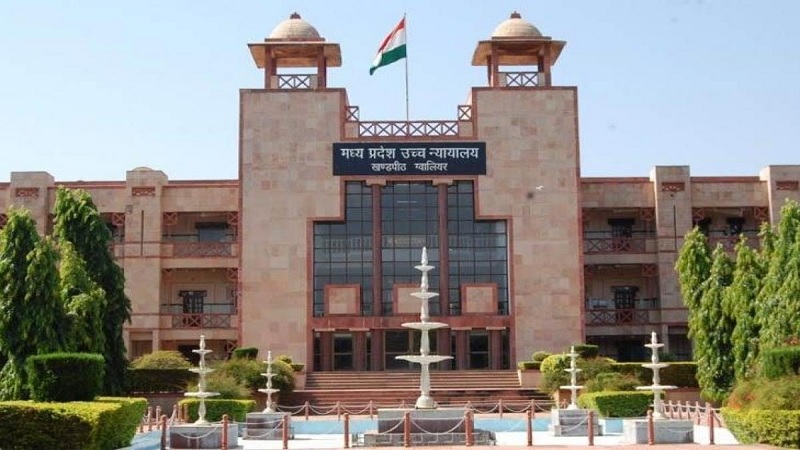 Image Courtesy:newindianexpress.com
Image Courtesy:newindianexpress.com
A plea has been filed at Madhya Pradesh High Court challenging the validity of the MP Freedom of Religion Ordinance, 2020 by a law student, Amratansh Nema. The public interest litigation states that the provisions contained in the ordinance are motivated by religious intolerance, are a grave violation of constitutional provisions, and a blatant attack on the religious autonomy of individuals of the state. The ordinance which was promulgated by the Governor of the state on January 9 prohibits religious conversion by force, allurement, undue influence and even by marriage.
The petition also points out that the Ordinance was promulgated in utter haste without any proper consultation defying due process of law. This, the petition stated, was a reflection of abuse of legislative powers.
While referring to the provision under the ordinance that mandates given notice to district administration before converting oneself to another religion, the plea states, “Exercising a fundamental right can never be subjected to any approval by or intimation to any authority. The said provision visibly contravenes the fundamental right of personal liberty, privacy & choice and encourages the wrongful intervention of state,” reported LiveLaw.
The petitioner states that the Ordinance does not have any provision for a time limit for the District Magistrate to respond with respect to the notice given and this may result in unnecessary harassment of the individual.
The petitioner also asserts that the law violates right to privacy and right to freedom of choice. LiveLaw reported that the petitioner submitted, “The stated provision gives an unrestricted opportunity to the family members of a person converted to harass him by filing frivolous complaints alleging the contravention of Section 3 in order to secure their illusionary social reputation at the cost of personal liberty of an individual exercising his right of practicing & professing the religion of his own choice”.
The petition also raises concerns about the burden of proof imposed on the person who has converted himself/herself which goes against the principle of “presumption of Innocence” in criminal law jurisprudence. It further states that “Burden of Proof can only be reversed in the cases where the charges are based on some foundational facts proved by prosecution, while placing reliance upon apex court judgement in Shakti Vahini v. Union of India & Ors., (2018) 7 SCC 192.”
A petition challenging the validity of similar anti-conversion laws passed by Uttarakhand and UP, filed by Citizens for Justice and Peace is pending before the Supreme Court.
Related:
Love Jihad, Conversions and Laws curbing Freedoms
Notice publication of marriage under Special Marriage Act violates privacy: Allahabad HC
Love Jihad PILs: UP gov’t blames fear psychosis for forceful conversions